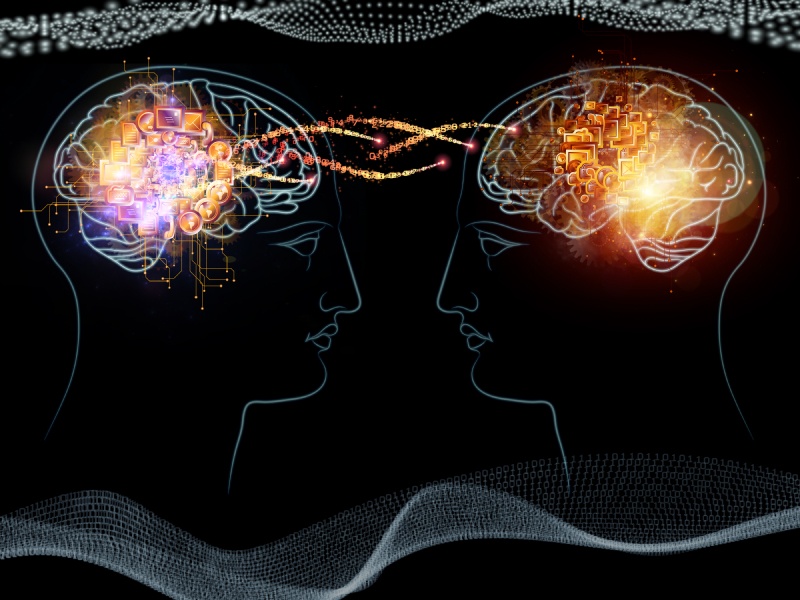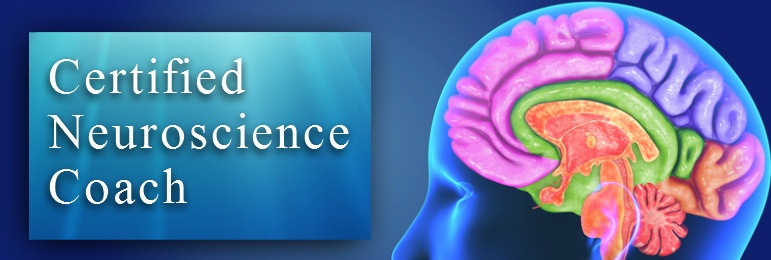
Neuroplasticity training programs are popping up everywhere.
They make a pretty grand promise: That by just learning some easy tools, you can physically change your brain and therefore your behavior, your thoughts, your emotions, and you can even eliminate your addictions and habits. Wow! Who doesn't want permanent change like that?
But how do you know if they deliver?
And even if they do deliver, are there any unforeseen side effects? And how long before the effects take place? Days, months, decades? Can you cross-train your brain by practicing one activity and see then see improvements in another?
And do you really want a stranger tinkering with your brain?
These are questions I asked myself and then dug into research on the topic when I started designing the Certified Neuroscience Coach Program, because for a while, we called it the Certified Neuroplasticity Coach Program.
Bottom line: In coaching, it's the outcome that matters, the flourishing life or career that the client enjoys as a result of the coaching. That outcomes is generally due to changes in thoughts, feelings, and behaviors, which themselves are the result of changes in the brain. Brain change matters but outcomes matter most.
Neuroplasticity isn't even the point.
It's an intriguingly trendy name for a phenomenon that most neuroscientists were sure didn't exist until the 1990's when they discovered that the brain continues to change in adulthood, that in addition to new connections forming between neurons, new neurons actually form, as well. The discovery of neuroplasticity launched a whole new focus on personal development.
If you own an fMRI machine and are licensed to use it, perhaps you can promise to change your clients' brains in measurable ways and prove it. Otherwise, better to focus on the outcomes of neuroplasticity. And keep updating your knowledge, because there are downsides to brain change and questions about "dosage". For example:
- The story of London cab drivers, who develop larger hippocampi by memorizing London’s 25,000 streets, is well known. Less well known is that the process of memorization undergone by these cabbies appears to have decreased other forms of memory, with resulting atrophy of corresponding brain regions. Neuroscientists have found evidence that there’s a trade-off, but they just don’t know for sure.
- The story that brain plasticity trainings, such as Lumosity, don’t work, is also well known. But there are other brain-training programs by reputable scientists that still claim you can make sustainable changes to you brain. Are they right? It's hard to know without solid research evidence and that's not always available.
- The recent book, Altered Traits, by Dan Goleman and Richie Davidson, is about how meditation changes the brain, but much of it cautions about over-promising because too much is still unknown. For example, you may know that meditation appears to make lasting changes the brain, but most of those findings have been based on people, such as Buddhist monks, who have been meditating several hours per day for decades. The problem is that, although meditation makes immediate changes, they tend to wear off quickly, and no one knows yet whether there is a reasonable amount that “regular people” can do to make lasting change.
So far, programs that promise neuroplasticity appear to over-promise.
On the other hand, neuroscience tools can be highly effective in coaching and, if you aren't using them yet, you probably need to start, especially if your clients seek lower stress levels, better focus, greater resilience, goal achievement and more because neuroscience tools and practices do appear highly effective in achieving desirable outcomes. Whether they also cause growth inside the brain, itself, is interesting but beside the point.
Clients want better outcomes not bigger brains.
If you're curious about using neuroscience tools and practices with your client, check out the courses included in the Certified Neuroscience Coach Program. Take a few course or take the entire program and upgrade your coaching with the latest tools. Download additional information by clicking below:






